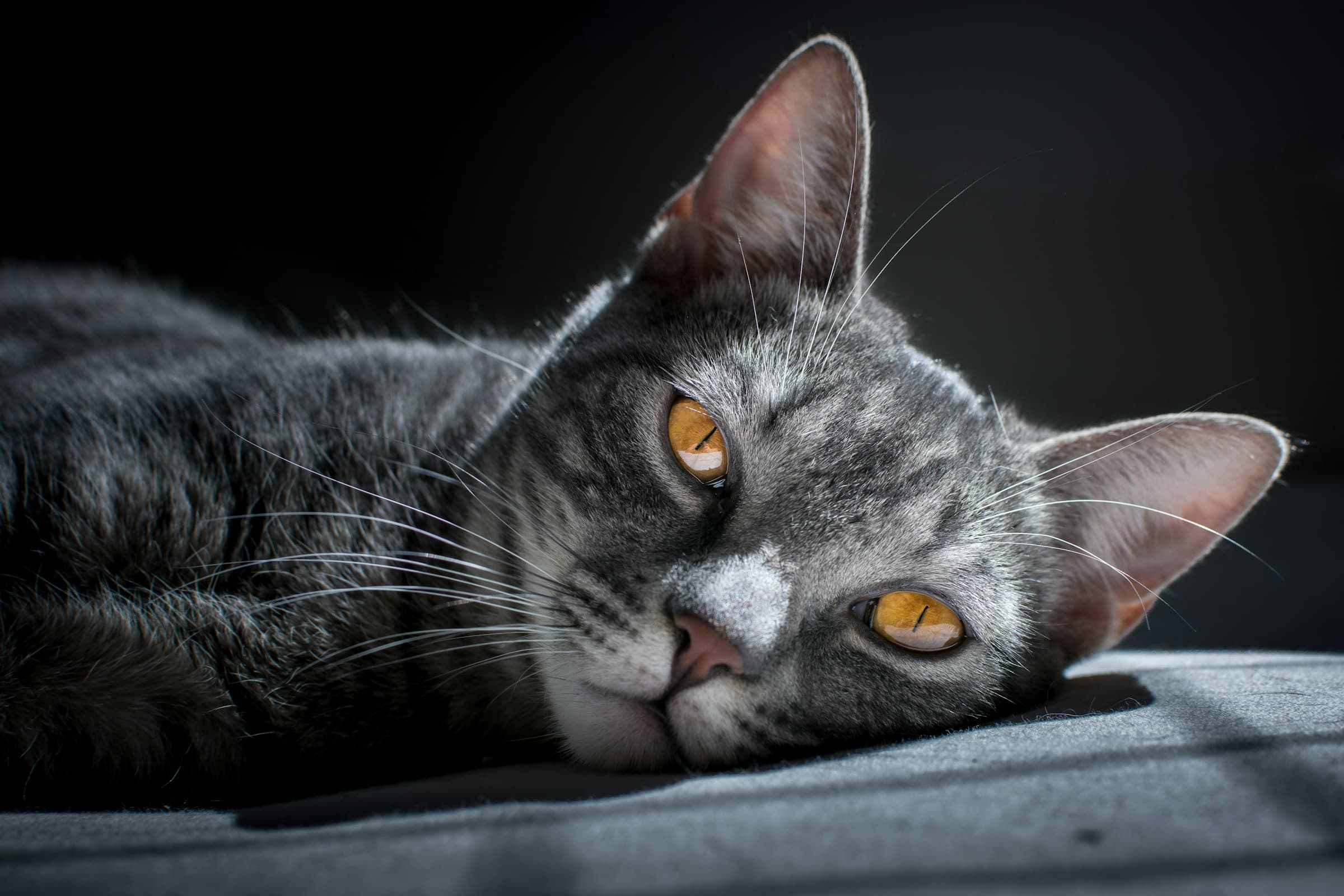Can cats get colds? A lot of cat parents think about it especially when they notice their furry pet sneezing or dealing with a runny nose. It can be concerning. Cats are indeed capable of catching colds as well. It is a quite frequent event and not a severe condition whatsoever. If you are interested in learning about how they catch it and what symptoms to look out for, continue reading this article. You will also be taught how to assist your cat in improving at home.
How Cats Catch Colds
Do cats get cold like we do? Indeed, they do and it is essentially the same. Cornell Feline Health Center has a detailed article on their website where they identify feline calicivirus (FCV) as the main reason cats suffer from the common cold. It is found in multi-cat environments and shelters. It is responsible for common cat cold and is exceedingly contagious. Cats can get it via direct contact with other infected cats or by sharing their food and water bowls. It can also be from any such environment where the virus can linger on.
Cat Colds: Signs & Symptoms
Cat cold symptoms are mainly the same as those experienced by us. And just like we find these symptoms extremely unpleasant, so do our poor cats.
Sneezing. One of the first signs is a cat sneezing a lot.
Runny Nose. If they have a cold, the nose will be wetter than normal.
Watery Eyes. Clear or yellowish discharge from your cat's eyes is also a sign.
Coughing. Some cats might also develop a cough if they have a cold.
Lethargy. When a cold is coming on, cats become less active and sleep more.
Loss of Appetite. If they are feeling under the weather, they eat less.
Fever. Warm to the touch means a fever is developing.
Allergy or a Cold?
Allergies are long-term and are caused by exposure to specific triggers. These can be pollen, dust, or certain foods. If your cat continues to have cold-like symptoms, like cat runny nose, it could be beneficial to investigate the potential of allergies.
What to Do if Your Cat Has a Cold
Provide them with a warm and comfortable place. The more they rest, the better.
Keep them well hydrated. Put plenty of clean water near them.
Plug in a humidifier.
Clean any goopy discharge from the nose and eyes with a wet cloth.
Provide delicious meals to entice the cat to consume them.
When Is It Time to Seek Veterinary Help?
Most cat colds are mild. They resolve on their own within a week or two. You might need veterinary help in some cases. They will also treat any secondary bacterial infections to quickly get your cat’s health back.
Cold symptoms do not abate even after a couple of weeks
Not eating or drinking at all
Greenish, yellow or thick discharge from the nose or eyes
Difficulty with breathing
Lethargy
Signs of pain
Are There Any Preventive Measures Against Feline Common Cold?
There are some steps that can be taken to prevent the cat from catching a cold frequently. Keep current with your immunizations. Limit your cat's interactions with other cats as much as possible. The cat’s living environment should be clean. Food and water bowls should be washed. Work on building their immune system. Nutritious diet and consistent health check-ups are indispensable.
Conclusion
So, as far as the question “Do cats get cold?” is important to you, the answer is “Yes, absolutely.” According to an article by PetMD, upper respiratory infection in cats is common. The viruses that cause them though are different from the ones that bring on human colds. A cold can be worrying for the pet parent as no one wants their poor kitty to suffer. Yet most cats recover simply with a bit of extra care and attention at home.
Just keep an eye on your cat’s symptoms. Knowing when to seek out veterinary service can make a big difference. Our cats rely on us for their good health and a wholesome lifestyle. By keeping them safe, we show them our love and devotion, so take preventive measures whenever you can.
Frequently Asked Questions
Can cats catch colds from humans?
No, luckily they cannot catch it from humans. The viruses that bring about colds in humans are poles apart from those that affect cats.



